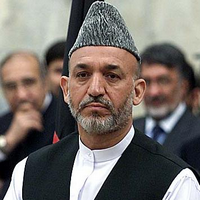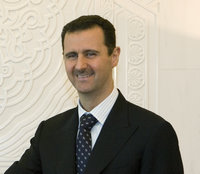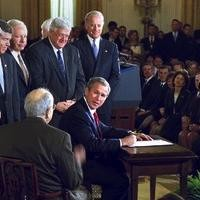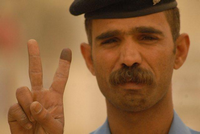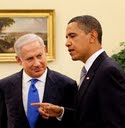
Today’s Nuclear Security Summit is the largest gathering of world leaders in Washington ever hosted by an American president. Despite the importance of this event, Israeli Prime Minister Benjamin Netanyahu decided to skip the meeting. His move highlights the problems the world’s leaders confront in preventing the feared wave of nuclear weapons proliferation in the Middle East. Until last week, Netanyahu had indicated that he planned to attend the summit in order to bolster efforts to prevent Tehran from using its civilian nuclear program to develop a nuclear weapons capacity. In addition to the formal sessions occurring yesterday and today, […]


